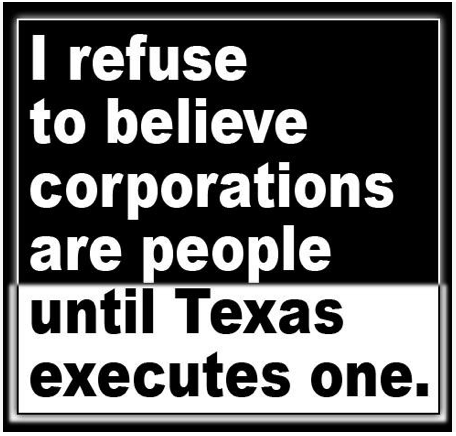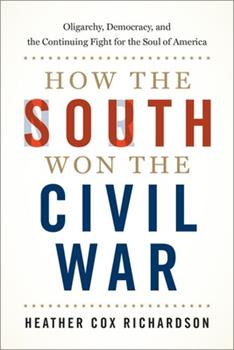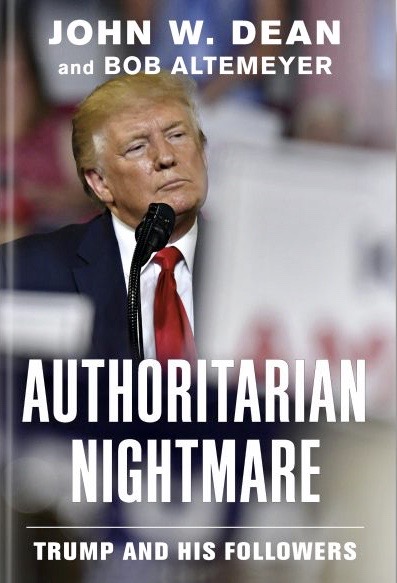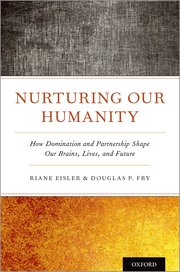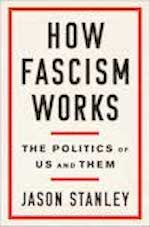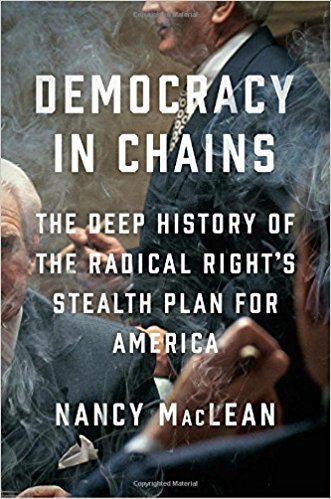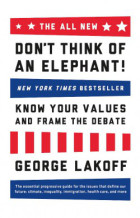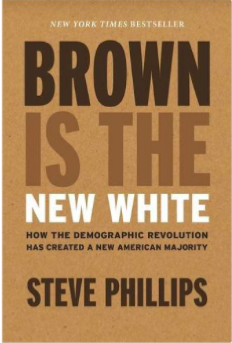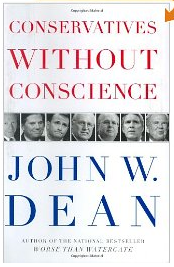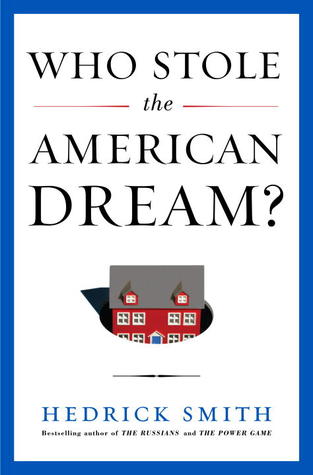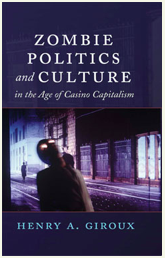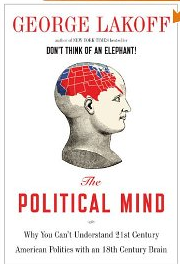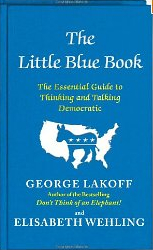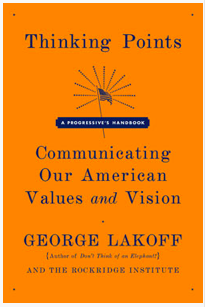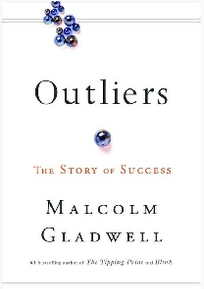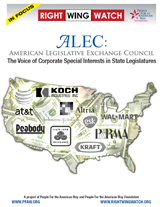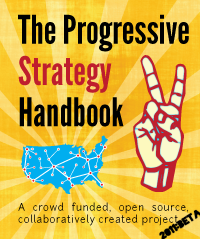Here are a couple of reviews of “No Place to Hide” written by Robert O’Harrow:
Amazon.com
George Orwell envisioned Big Brother as an outgrowth of a looming totalitarian state, but in this timely survey Robert O’Harrow Jr. portrays a surveillance society that’s less centralized and more a joint public/private venture. Indeed, the most frightening aspect of the Washington Post reporter’s thoroughly researched and naggingly disquieting chronicle lies in the matter-of-fact nature of information hunters and gatherers and the insatiable systems they’ve concocted. Here is a world where data is gathered by relatively unheralded organizations that smooth the way for commercial entities to find the good customers and avoid dicey ones. Government of course too has an interest in the data that’s been mined. Information is power, especially when trying to find the bad guys. The mutually compatible skills and needs shared by private and public snoopers were fusing prior to the attacks of 9/11, but the process has since gone into hyperdrive. O’Harrow weaves together vignettes to record the development of the “security-industrial complex,” taking pains to personalize his chronicle of a movement that’s remained (perhaps purposefully) faceless. Recognizing the appeal of state-of-the-art systems that can track down a murderer/rapist with heretofore unimaginable speed, the author recognizes, too, that the same devices can mistakenly destroy reputations and cast a pall over a free society. In a post-9/11 world where homeland security often trumps personal liberty, this work is an eye-opener for those who take their privacy for granted. –Steven Stolder
From Publishers Weekly
The amount of personal data collected on ordinary citizens has grown steadily over the decades, and after 9/11, corporations that had been amassing this information largely for marketing purposes saw an opportunity to strengthen their ties with the government. But what do we really know about these data collectors, and are they trustworthy? O’Harrow, a Pulitzer finalist who covers privacy and technology issues for the Washington Post, tracks the explosive growth of this surveillance industry, with keen attention to the problems that “inevitable mistakes” along the way have created in mainstream society, from victims of identity theft who have been placed in financial jeopardy to travelers detained at the airport because of the similarity of their names to those of criminal suspects. O’Harrow gives the government’s push for increased surveillance heavy play, but he effectively presents the story’s many sides, as when he juxtaposes the perspectives of a Justice Department attorney, a civil liberties activist and Senator Patrick Leahy in the first chapter. His evenhanded account underscores the caveats of surveillance, as well-intentioned people can deploy technologies for all the right reasons only to see their apparatuses misused later on. This is a thought-provoking, comprehensive account that strikes the right balance between dismissive and alarmist.
Copyright © Reed Business Information, a division of Reed Elsevier Inc. All rights reserved.
To get an understanding of what this information sharing can mean, watch this visualization of the future under the post 9/11 “security-industrial complex”.
If the above example doesn’t concern you, listen to the webcast below as the author explains how information the government can’t get legally is provided by companies like Choice Point. In the news recently, Google refused U.S. demand for search data – maybe this 55 minute webcast will help you understand why.



